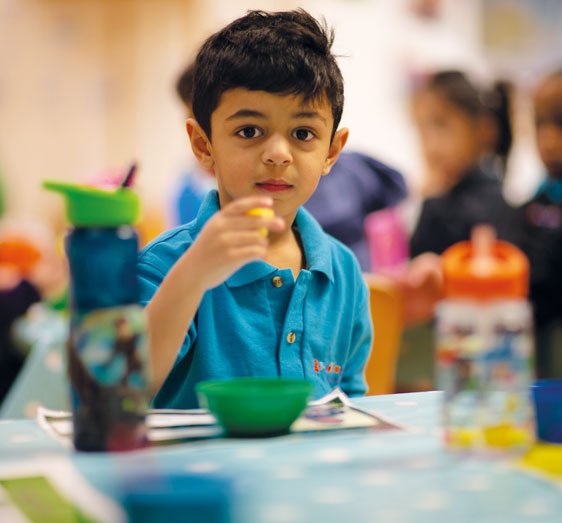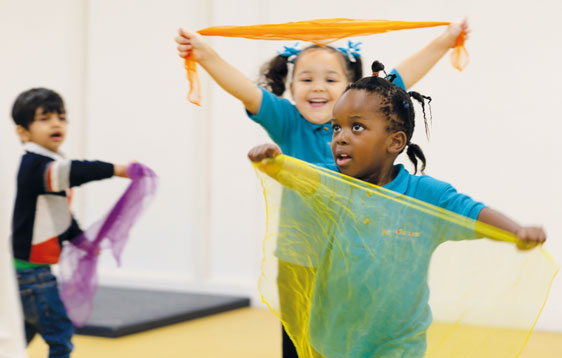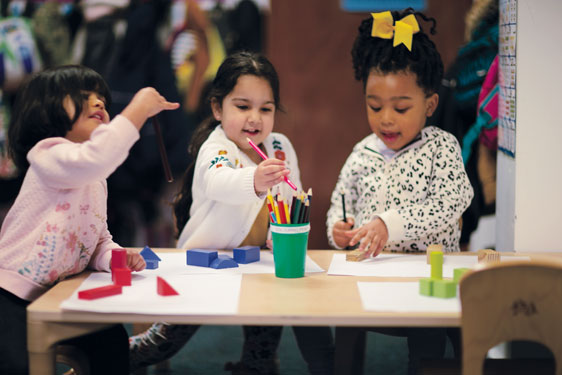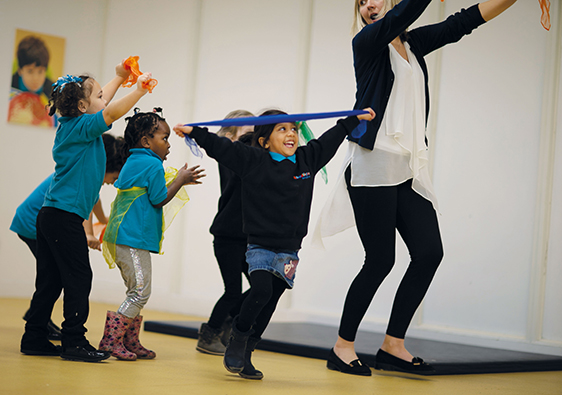The Early Years Foundation Stage, setting the Standards for Learning, Development and Care for children from birth to 5
The EYFS has 4 key themes:
![]() A Unique Child
A Unique Child
Every child is a competent learner from birth who can be resilient, capable, confident and self-assured.

1.1 Child Development
- Child development
- A skilful communicator
- A competent learner
1.2 Inclusive Practice
- Equality and diversity
- Children’s entitlements
- Early support
1.3 Keeping Safe
- Being safe and protected
- Discovering boundaries
- Making choices
1.4 Health and Well-being
- Growing and developing
- Physical well-being
- Emotional well-being
![]() Positive Relationships
Positive Relationships
Children learn to be strong and independent from a base of loving and secure relationships with parents and/or a key person.

2.1 Respecting Each Other
- Understanding feelings
- Friendships
- Professional relationships
2.2 Parents as Partners
- Respecting diversity
- Communication
- Learning together
2.3 Supporting Learning
- Positive interactions
- Listening to children
- Effective teaching
2.4 Key Person
- Secure attachment
- Shared care
- Independence
![]() Enabling Environments
Enabling Environments
The environment plays a key role in supporting and extending children’s development and learning.

3.1 Observation, Assessment and Planning
- Starting with the child
- Planning
- Assessment
3.2 Supporting Every Child
- Children’s needs
- The learning journey
- Working together
3.3 The Learning Environment
- The emotional environment
- The outdoor environment
- The indoor environment
3.4 The Wider Context
- Transitions and continuity
- Multi-agency working
- The community
![]() Learning and Development
Learning and Development
Children develop and learn in different ways and at different rates and all areas of Learning and Development are equally important and inter-connected.

4.1 Play and Exploration
- Learning through experience
- Adult involvement
- Contexts for learning
4.2 Active Learning
- Mental & physical involvement
- Decision making
- Personalised learning
4.3 Creativity and Critical Thinking
- Making connections
- Transforming understanding
- Sustained shared thinking
4.4 Areas of Learning and Development
- Personal, Social and Emotional Development
- Communication, Language and Literacy
- Problem Solving, Reasoning and Numeracy
- Knowledge and Understanding of the World
- Physical Development
- Creative Development